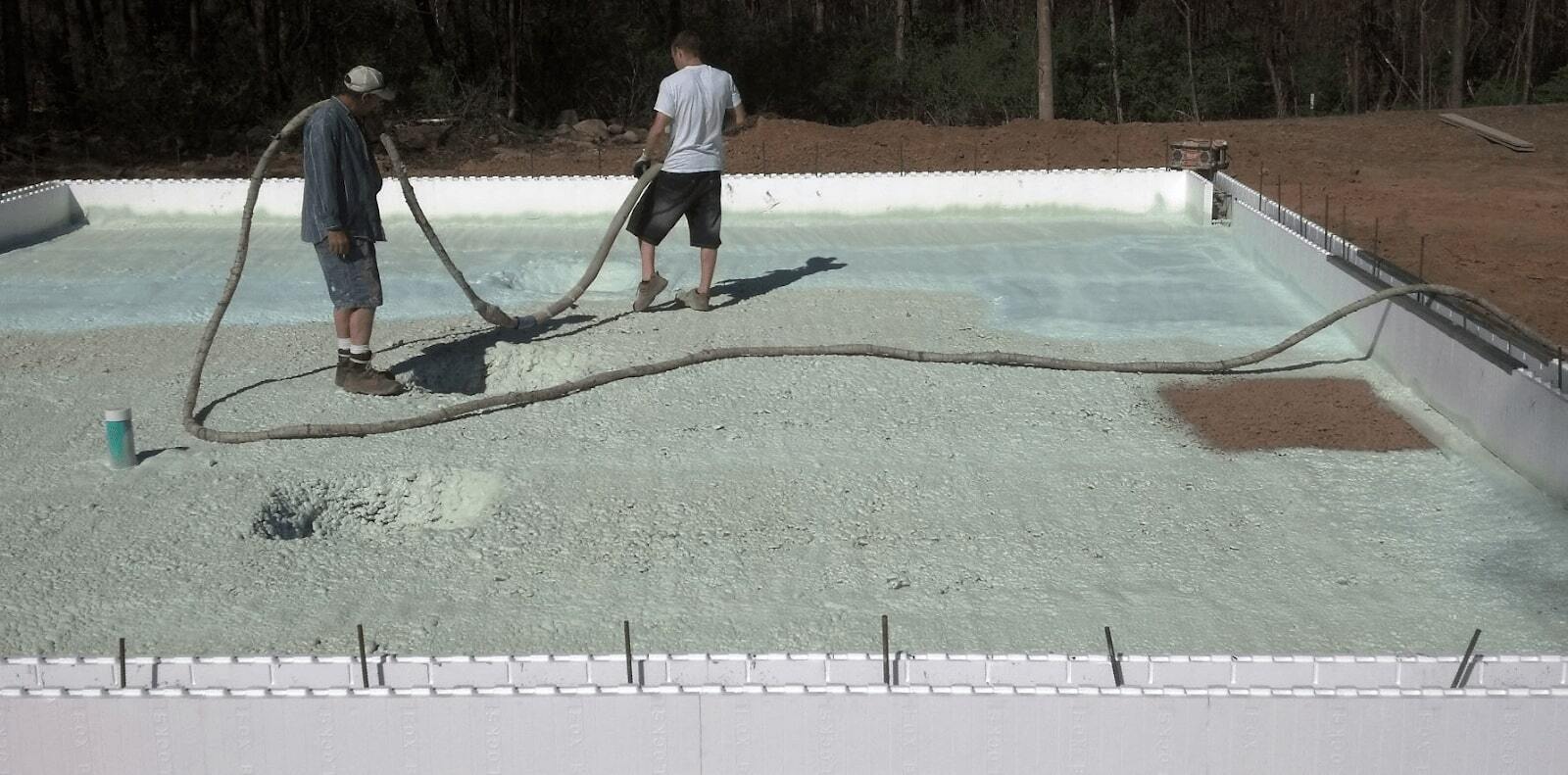
A Complete Guide to Hurricane-Resistant Buildings

Building for the Future: Exploring ICF Construction in Washington State

What is the Optimal Foundation Wall Thickness?
A concrete foundation wall’s thickness plays an integral role in its long-term strength and durability. Local building codes mandate the foundation specifications, addressing conditions that affect the foundation thickness.

5 Common Misconceptions About ICF Construction
ICF construction creates modern structures that are energy-efficient, durable, disaster-resistant, and have good indoor environmental quality (IEQ). ICF construction is also strong, flexible, fast and easy to install. Unfortunately, even with these many benefits, some architects and contractors are reluctant to utilize it due to misconceptions about ICF construction.

Swimming Pool Engineering and a Great Material to Utilize

What Climates Does ICF Work Best In?

5 Reasons Why Hotels Should Use ICF for Swimming Pools
Whether you desire to build an above-ground or below-ground pool, you can enjoy the design flexibility of ICF pool construction.

Limitations of Insulated Metal Panels

How Long Does It Really Take to Build a House?
Whether you’re building your dream home or a cozy cottage, knowing the timeline is essential. However, one of the first questions that come to mind is, “How long will it take to turn these blueprints into my home?” Understanding the timeline is crucial for planning, budgeting, and ultimately enjoying the process of watching your house come to life.

The Advantages of ICF over CMU Construction
Concrete masonry units (CMU) and insulated concrete form (ICF) walls have several features in common: energy-efficiency, durability, and good indoor environmental quality (IEQ). However, ICF is quicker and easier to install compared to CMU, which saves time and money.